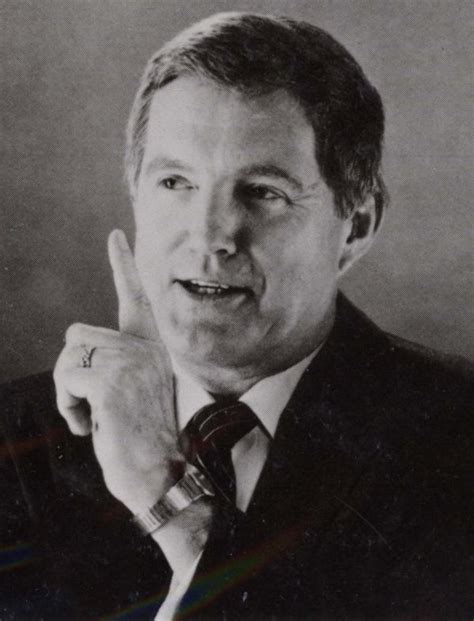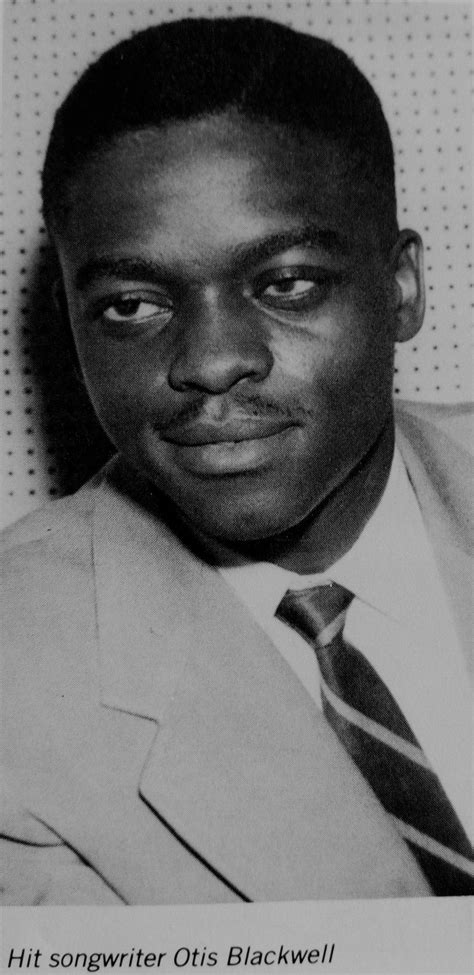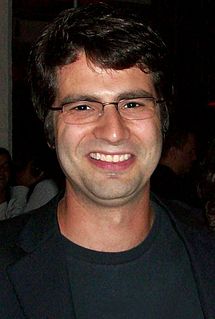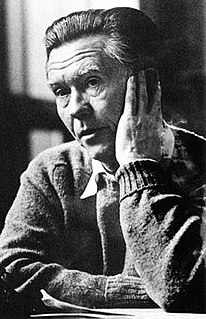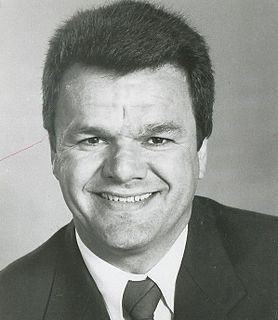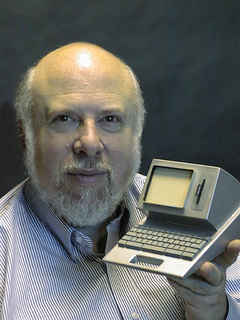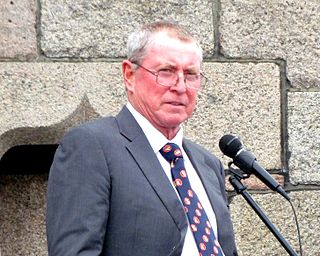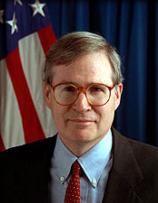A Quote by Joe Hart
Why did I choose to be a goalkeeper? I don't know - it is good question. I have asked myself many times when things have not being going well.
Related Quotes
I didn't choose to be white, I didn't choose to be male, I didn't choose to be heterosexual, I didn't choose to be right-handed. Those are the givens of life. And I don't know why the church can't deal with that, why they can't understand that. Well, I do know why: because people are always afraid of anybody who's different.
The way I look at it within myself, why not? Why can't I be the MVP of the League? Why can't I be the best player in the League? I don't see why-why-why can't I do that? I think I work hard, I think I dedicate myself to the game and sacrifice a lot of things at a young age and I know if I continue to do good, what I can get out of it and if that's me going out or doing whatever, I'm willing to do it because I know in the long run, it's going to help me.
Being a goalkeeper gives you quite a unique perspective on things. You are part of a team yet somehow separate; there are no grey areas, with success or failure being measured in real time; and you have a physical job which you can only do well by paying attention to your mental well-being. A great goalkeeper has to have the keys to a great mindset. To be able to work well in the box, I believe you have to be able to think outside the box
The Hasidic rabbi, Zuscha, was asked on his deathbed what he thought the kingdom of God would be like. He replied, "I don't know. But one thing I do know. When I get there I am not going to be asked, 'Why weren't you Moses? Why weren't you David?' I am only going to be asked, 'Why weren't you Zuscha? Why weren't you fully you?'"
My first book, 'To Engineer Is Human,' was prompted by nonengineer friends asking me why so many technological accidents and failures were occurring. If engineers knew what they were doing, why did bridges and buildings fall down? It was a question that I had often asked myself, and I had no easy answer.
I am confident that we can do better than GUIs because the basic problem with them (and with the Linux and Unix interfaces) is that they ask a human being to do things that we know experimentally humans cannot do well. The question I asked myself is, given everything we know about how the human mind works, could we design a computer and computer software so that we can work with the least confusion and greatest efficiency?
No one from the intelligence community, anyplace else ever came in and said, ‘What if Saddam is doing all this deception because he actually got rid of the WMD and he doesn't want the Iranians to know?' Now somebody should have asked that question. I should have asked that question. Nobody did. Turns out that was the most important question in terms of the intelligence failure that never got asked.





